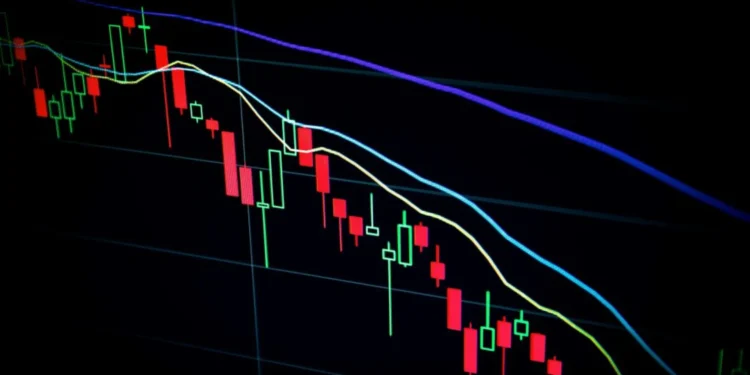It’s been a rough week for global markets — and Canadian tech companies are feeling the burn.
Major publicly traded players like Shopify and Lightspeed Commerce saw sharp declines in stock value following the United States’ surprise announcement of sweeping new tariffs — a move that economists say could reshape global trade dynamics and trigger a broader economic downturn.
Market Mayhem: A Snapshot
Shares of Ottawa-based Shopify dropped nearly 25%, falling from just over $100 to around $75 within 48 hours of the US announcement. The blow comes just after the company’s high-profile transition from the NYSE to the Nasdaq, a move symbolic of its alignment with the tech sector’s future.
Montreal-founded Lightspeed, which provides commerce and payments platforms for retailers and restaurants, also suffered. Its stock slid from $9 to $7.68, a 15% decline, compounded by the company’s recent cut to revenue projections due to weakening consumer activity.
On the Toronto Stock Exchange, both companies fared slightly worse, with additional dips of nearly 2% compared to their US listings, reflecting skittish investor sentiment closer to home.
Ripple Effect: More Canadian Tech Stocks Tumble
Shopify and Lightspeed weren’t alone in the tumble. Other notable Canadian tech companies hit hard include:
- OpenText: Down 8%
- Constellation Software: Down 7%
- Kraken Robotics (TSX Venture): Down 9%
- BlackBerry: Down 21% (compounded by revised revenue guidance due to lower expected US government spending)
- D2L: Down 19%, despite posting strong financial results earlier in the week
The collective downturn signals not just a reaction to the tariffs themselves, but to the wider uncertainty around global trade and consumer spending.
Experts Weigh In: “Worse Than 99.6% of Market Days Since 1929”
University of Calgary economist Trevor Tombe described Thursday’s market activity as one of the most volatile in modern history, noting only 29 trading days since 1980 have seen steeper drops.
Former White House economic advisor Ryan Cummings added that the crash ranked among the worst 0.4% of trading days going back nearly a century, placing it alongside market shocks like the 2008 crisis and early COVID-19.
And it may not be over.
Peter Berezin, strategist at Toronto-based BCA Research, held a bearish stance long before this week. Appearing on Yahoo Finance, he reiterated his projection that the S&P 500 could fall to 4,450 this year — a further 14% drop — and warned of a “high likelihood” that the US economy could slide into recession territory.
Canada’s Tech Sector on Watch
While Canada has largely sidestepped the direct impact of US tariffs so far, the exposure of major Canadian tech firms to global markets makes them vulnerable to international economic shocks.
Analysts say the current slide could mark a critical moment of recalibration for Canada’s publicly listed tech sector, which had recently seen renewed investor confidence post-pandemic.
With political uncertainty rising, global supply chains in flux, and consumer sentiment cooling, Canadian tech leaders are being forced to adapt fast.













